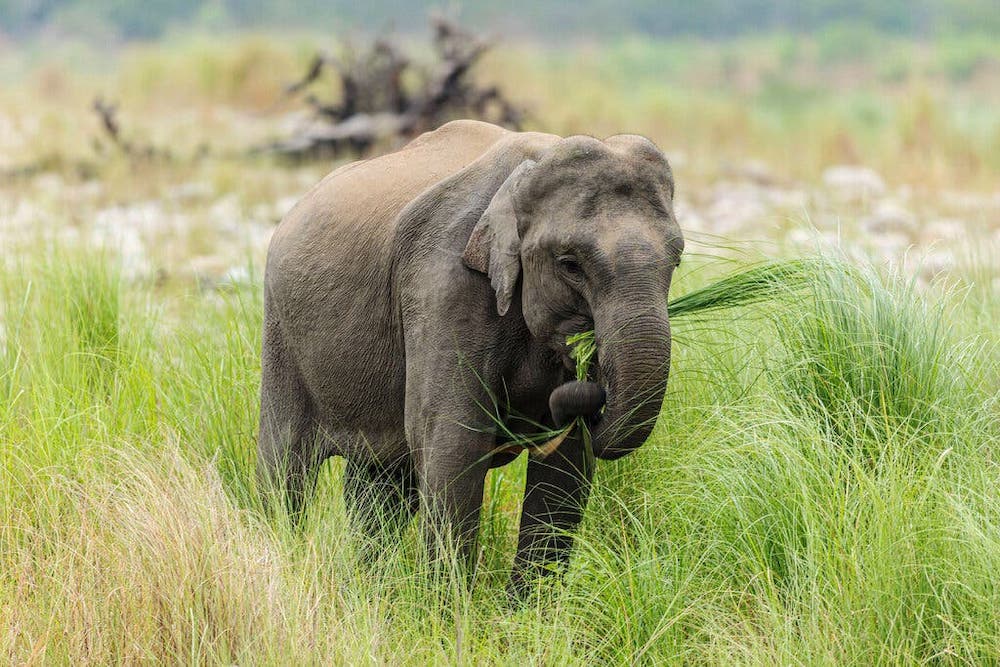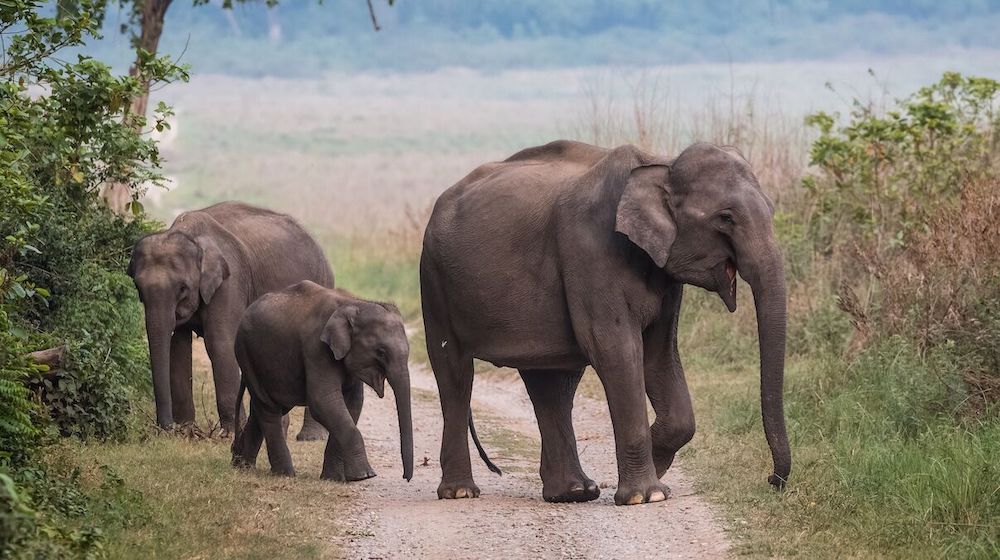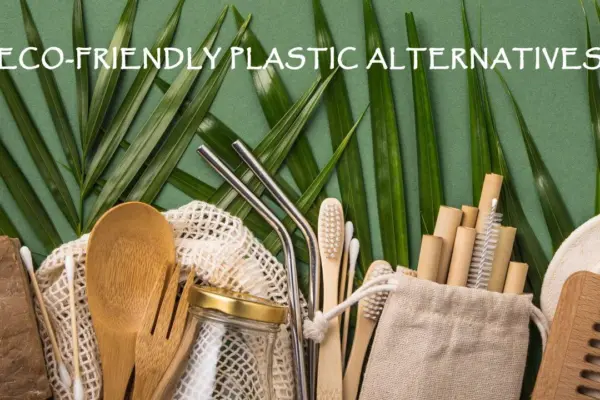A Study Finds Asian Elephants are Mistakenly Eating Plastic for Food
A recent study has observed an alarming amount of plastic, metal, and glass in Asian elephants’ dung samples in Uttarakhand state
Beautiful and endangered Asian elephants love to eat human cultivated food, including bananas and rice. However, often Asian elephants sneak into dumps and landfills near forest habitats to gobble up food. But instead of actual food, these innocent animals mistakenly consume plastic, including wrappers, plastic plates, and more. Plus, they unknowingly transport plastic and other types of human litter into deep forests.
According to the ecological researcher, Gitanjali Katlam, the plastic transported by elephants actually gets dumped into the forests when they defecate. There has been a lot of research on humans spreading plastics into the world’s seas, oceans, and even forests.
But now recent research has found that elephants are also dispersing human-made pollutants into national parts and other areas in the wild. This plastic is not only bad for the health of the elephants and the environment, but also for other species. After all, other species in the forests can also consume the plastic found in the dung of the elephants.

Image: New York Times
Dr. Katlam first found elephants consuming garbage during her Ph.D. work at Jawaharlal Nehru University, New Delhi. At that time she was studying various animals consuming things from garbage dumps in northern India. So, she and her colleagues collaborated with the Nature Science Initiative, a nonprofit organization, to collect elephant dung from Uttarakhand’s national parks. In their research, they found plastic in all the dung in the forest near Kotdwar town.
While the plastic passes through elephants’ digestive systems, they may be consuming dangerous chemicals like polyethylene, polystyrene, phthalates, and bisphenol-A. It is still not certain how much damage these substances may cause to these poor animals. But Dr. Katlam fears that plastic consumption can lead to a reduction in the elephant population and their survival rates.

Image: Eco Watch
As per the research, too many plastics found in the stomachs of animals can cause mechanical damage to their system. Hence, it has a quite cascading impact. So, Dr. Katlam urges Indian state governments to take necessary steps to manage solid waste for avoiding such problems.
Even individuals can help simply by keeping their food waste separate from the containers. That’s how animals won’t accidentally eat up plastic for food. It is very simple but highly crucial to protect these animals and the environment.
Via: Eco Watch


